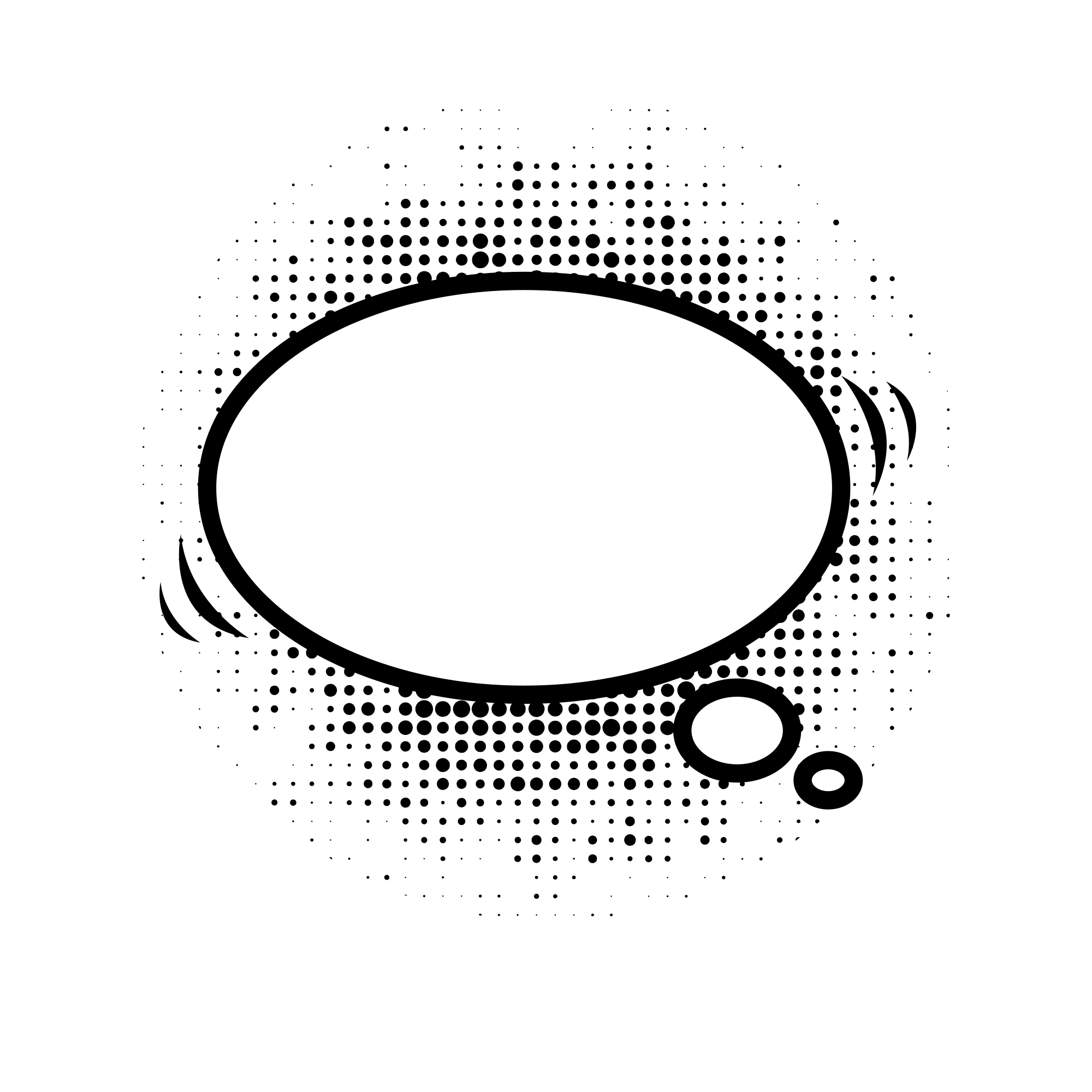Social media has revolutionized the way we communicate in the 21st century. Platforms like Facebook, Twitter, Instagram, and TikTok have not only changed the way we connect with friends and family but have also transformed how we consume news, engage in political discourse, and interact with brands. This transformation has brought about both positive and negative consequences for society.
One of the most significant impacts of social media is the democratization of information. With the click of a button, individuals can share their thoughts, opinions, and experiences with a global audience. This has given a voice to marginalized communities and has allowed for greater diversity in the public discourse. Social media has also played a crucial role in social movements, such as the Arab Spring, #MeToo, and Black Lives Matter, by providing a platform for organizing, raising awareness, and mobilizing support.
However, the democratization of information has also led to challenges. The spread of misinformation and fake news has become a major concern, as false information can spread rapidly and widely on social media platforms. This has significant implications for public opinion and democracy, as it can influence elections, create social division, and undermine trust in institutions.
Social media has also transformed the way we consume news. Traditional news outlets now compete with social media influencers and citizen journalists for the attention of audiences. While this has led to greater variety and accessibility of news sources, it has also resulted in the decline of traditional journalism and the rise of clickbait and sensationalism. The algorithmic nature of social media platforms, which prioritizes engagement, can create echo chambers where users are exposed only to information that reinforces their existing beliefs.
In terms of personal communication, social media has changed how we interact with one another. It has made it easier to stay in touch with friends and family, regardless of geographical distance. However, it has also led to concerns about the quality of these interactions. The instant and often superficial nature of social media communication can result in a lack of depth and meaningful connection. Additionally, the pressure to present a curated and idealized version of oneself on social media can lead to issues related to self-esteem and mental health, particularly among young people.
The impact of social media on mental health is a growing area of concern. Studies have shown that excessive use of social media can be linked to anxiety, depression, and feelings of loneliness. The constant comparison with others and the need for validation through likes and comments can create a sense of inadequacy and dissatisfaction. On the other hand, social media can also provide support and community for individuals who may feel isolated or marginalized in their offline lives.
Social media has also had a profound impact on marketing and business. Brands now use social media to engage with customers, build their image, and drive sales. Influencer marketing has become a powerful tool, as consumers are more likely to trust recommendations from individuals they follow on social media than traditional advertisements. However, this has also raised questions about transparency and authenticity, as the lines between genuine content and paid promotions can become blurred.
The rise of social media has also led to privacy concerns. The collection and use of personal data by social media companies have raised significant ethical and legal questions. Users often share large amounts of personal information without fully understanding how it will be used or who will have access to it. Data breaches and scandals, such as the Cambridge Analytica case, have highlighted the potential risks and consequences of this data collection.
In conclusion, social media has had a profound impact on modern communication, bringing about both opportunities and challenges. It has democratized information, transformed news consumption, and changed the way we interact with one another. However, it has also led to the spread of misinformation, concerns about mental health and privacy, and challenges for traditional journalism and businesses. As social media continues to evolve, it is essential to address these issues and ensure that the benefits of social media are realized while minimizing its negative impacts.
Tasks:
Summarize the positive and negative impacts of social media on modern communication as presented in the text.
Explain the role of social media in the spread of misinformation and its implications for public opinion and democracy.
Assess the extent to which social media has transformed traditional journalism and the consumption of news. What are the potential benefits and drawbacks of these changes?









